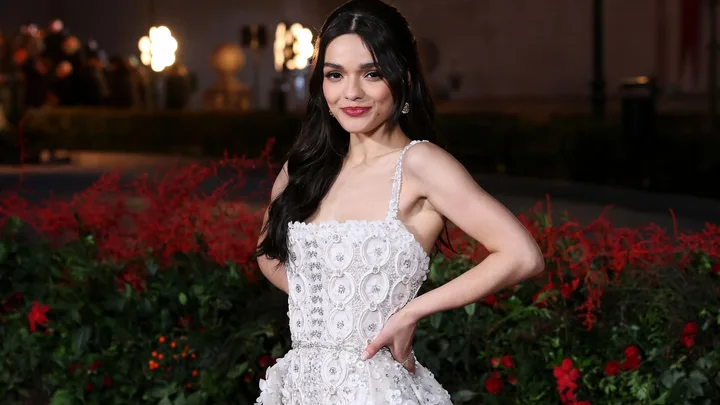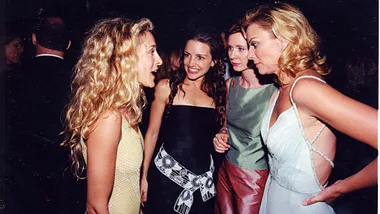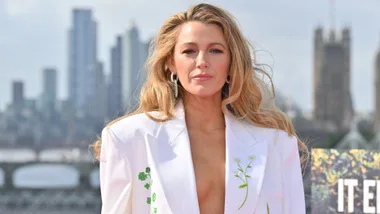Disney’s Snow White has been a mess from the start. Production delays, casting backlash, creative shake-ups – it’s the kind of pre-release disaster that has studio execs reaching for their PR playbook. And yet, rather than taking responsibility for their own missteps, Disney has seemingly handed the burden of responsibility to Rachel Zegler, the film’s lead actress, turning her into both a scapegoat, and an unexpected symbol of a shifting cultural tide.
When early interviews resurfaced of Rachel Zegler discussing the Snow White remake’s modern approach, corners of the internet latched onto her words as evidence that she was disrespecting the original 1937 classic. Daring to express the need to bring the film’s outdated themes into a contemporary context, she said “There’s a big focus [in the original] on her love story with a guy who literally stalks her. Weird! So we didn’t do that this time.”
Further inciting the fury of the internet, she responded to those who labelled her comments as “woke”, admitting that “People are making these jokes about ours being the PC Snow White, where it’s like, yeah, it is – because it needed that.”
What followed was a storm of outrage, painting her as an entitled, ungrateful actress biting the hand that fed her. Disney, rather than stepping in to defend its star, seemed content to sit back and let her take the heat.
But here’s where the story takes an unexpected turn: people started seeing through the smokescreen. Instead of swallowing the narrative whole, many began questioning why a then-21-year-old actress was bearing the brunt of the film’s supposed failure, while the billion-dollar studio behind it escaped scrutiny. All the while, the film had yet to see a cinematic release.
Mirror, Mirror On The Wall…
It’s a striking contrast to what the world witnessed play out with Blake Lively and Justin Baldoni’s adaptation of It Ends With Us, where online vitriol ran rampant, with little interrogation of how much of the outrage was manipulated, misplaced, or outright manufactured.
Lively, a woman with a decades-long career and a history of carefully curating her public image, found herself suddenly branded as “too old” and “miscast” in the film, despite Colleen Hoover – the book’s own author – personally selecting her. Soon enough, what began as passionate ‘discussion’ around a beloved character, turned toxic, as the post-film pile on developed into an orchestrated attack on everything from her press wardrobe and body language, to her interview responses.
The discourse surrounding It Ends With Us revealed just how easy it is for the internet to latch onto a smear campaign, even when the accusations don’t hold up under scrutiny. And just as with Zegler, there was an eerie willingness to turn a single woman into the villain of a much larger, systemic issue – whether that be Hollywood’s obsession, and the public’s subsequent fatigue, with IP-driven content (Snow White) or the challenges of adapting a book with a controversial narrative (It Ends With Us).
The difference this time around? We’re getting better at recognising when we’re being played.
Bait & Switch
The initial backlash against Lively’s casting relied on an aesthetic critique that barely engaged with the actual substance of the film. The backlash against Zegler, on the other hand, quickly exposed something more sinister: a pattern of media manipulation where women – particularly young, outspoken ones – are thrown under the bus for corporate failures. And this time, people didn’t just accept it. They started asking why.
The situation escalated when Jonah Platt, son of Snow White producer Marc Platt, publicly criticised Zegler in an online rant, blaming her for the film’s box office flop. In a now-deleted post, he not only called her “narcissistic” but also claimed that her political activism – specifically, her past comments in support of Palestine – played a role in the film’s struggles.
This wasn’t the first indication that Disney was uncomfortable with Zegler’s stance. In August 2024, after sharing the teaser trailer for Snow White on X, she ended the post with, “and always remember, free Palestine.”
Commenters from across the internet flocked to her reply section, voicing their disdain, with grown adults such as one Joel M. Petlin, responding: “Rachel Zegler is trolling her much more famous and beautiful Snow White co-star Gal Gadot. Disney continues to hire the wrong actors to represent their brand. Rather than promoting a film, they choose to embarrass themselves and the studio.”
Instead of addressing the broader political complexities or defending their lead actress from what was clearly becoming a politically charged smear campaign, Disney remained silent, allowing Zegler to take the brunt of the controversy. Reports suggest that Disney executives pressured her to stay silent on the issue, fearful of potential backlash and market consequences.
Film critic Kelechi Ehenulo called Zegler a victim of “culture wars” in a BBC interview, where she also mentioned that Zegler was “not the first and certainly not the last actor to be speaking about politics.”
Similarly, agreed critic Conor Riley in the same interview, Zegler “became a lightning rod for controversy, not just due to her own actions, but because Snow White landed at the intersection of Hollywood’s creative stagnation, racial politics, international conflict, and America’s deep ideological divide.”
A Changing Tide
This shift in public perception is significant. For years, Hollywood has relied on a cycle of blame, where actresses – think Anne Hathaway during the Les Misérables era, or Brie Larson during Captain Marvel – become figureheads for criticism that has little to do with their actual performances.
But in 2025, with increasing awareness of how narratives are shaped and weaponised, audiences are pushing back. They’re questioning why Zegler, who didn’t write, direct, or market Snow White, is the one being raked over the coals. They’re recognising that Lively didn’t single-handedly greenlight It Ends With Us. They’re understanding that what we’re witnessing is less about the individuals and more about how Hollywood – and the internet – are still all too comfortable turning women – especially women of colour – into collateral damage.
That’s not to say the tide has fully turned. Misogyny in media coverage is far from eradicated, and the speed at which the internet can turn on a female celebrity remains frighteningly fast. But the fact that people are beginning to call it out in real time, to ask who benefits from these narratives, and to push back against them? That’s progress. And it’s a sign that Hollywood’s old tricks might not work forever, if we can help it.
Related articles:
- Female Feuds Sell, But What Does That Say About Us?
- Why Do We Keep Hating On Smart, Successful Women?
- How Will America’s Broligarchy Effect Women?


